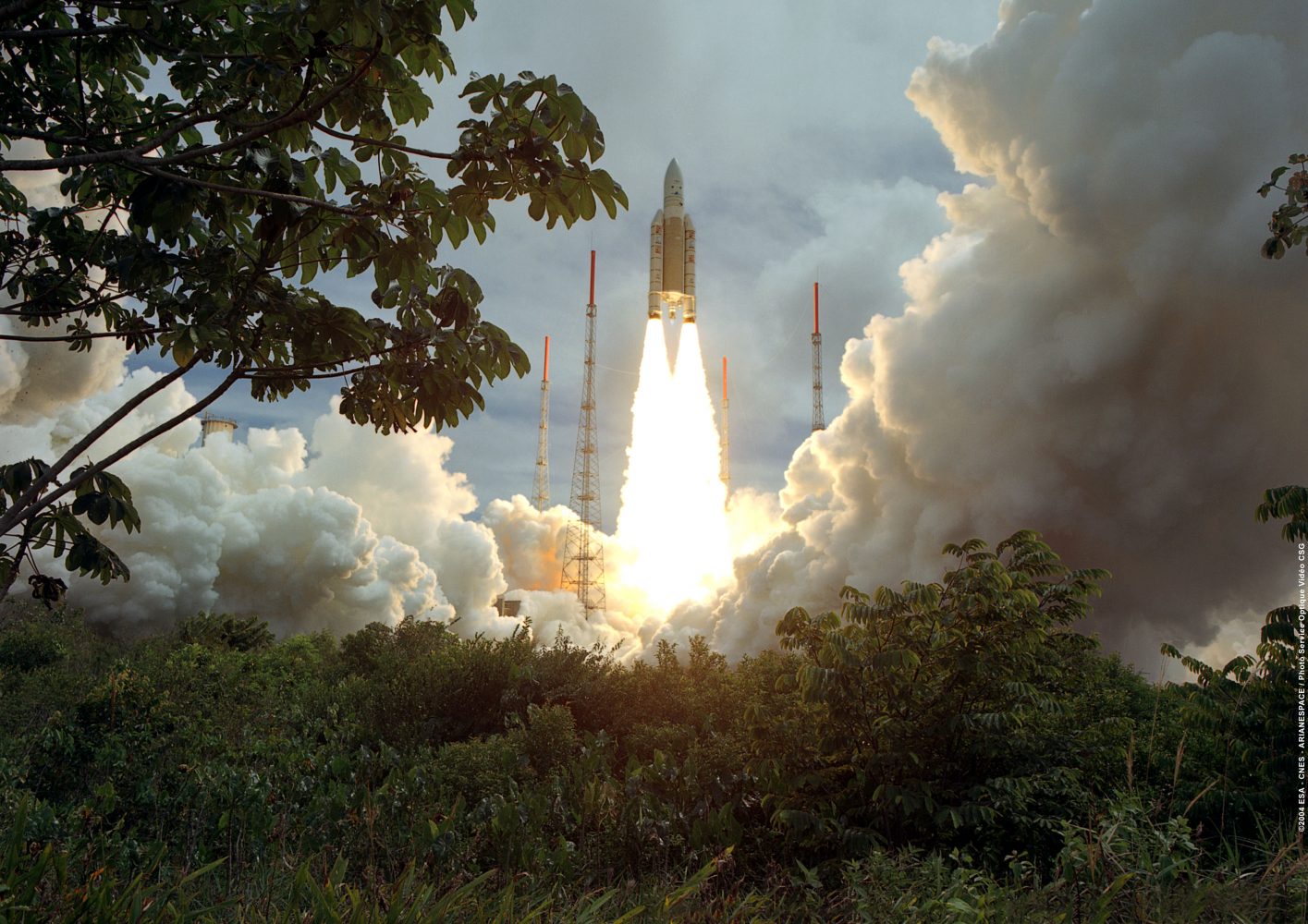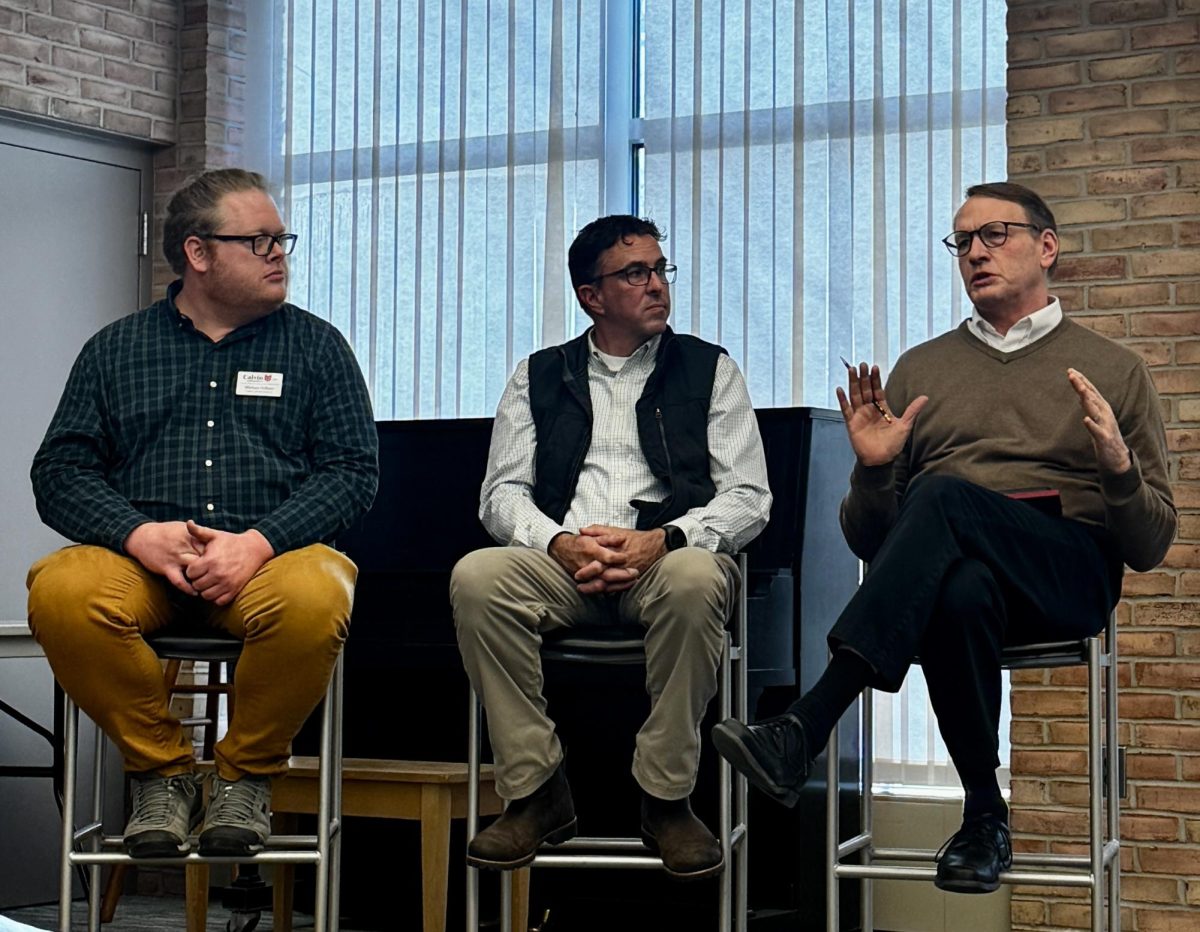In a budgetary compromise last Wednesday, the European Space Agency (ESA) was granted 10-10.1 billion euros, the equivalent of $12.8-13 billion, to continue space exploration. The ESA was founded in 1975 and currently consists of 20 member states, chief among them Britain, Germany and France. These states meet every few years to layout a guiding budget for the next three to five years. The last budgetary meeting was in 2008 and laid a provisional budget through 2012.
The ESA is “Europe’s gateway to space,” says ESA’s web page. According to its director General Jean-Jacques Dordain, appointed in 2003, the ESA seeks to allow citizens to fulfill their dreams and thirst for knowledge. Based on ESA’s webpage, the ESA aims to fulfill this ambition by “shap[ing] the development of Europe’s space capability and ensure[ing] that investment in space continues to deliver benefits to the citizens of Europe and the world” as well as “By coordinating the financial and intellectual resources of its members, [to] undertake programmes and activities far beyond the scope of any single European country.” In order for the ESA to do this it maintains and launches a series of rockets that currently include the Ariane 5, Russian Soyuz and Vega.
Arriving at the budget was done through a series of compromises and generous donations by some of the member states. In the end, the 10 billion euro budget will be used to upgrade the ESA’s current Ariane 5 to an Ariane 5ME rocket as requested by Germany and will also be invested into a new cheaper and more competitive Ariane 6 rocket favored by France.
The ESA is also planning to partner with NASA on its new manned Orion spacecraft project. The ESA will work to develop a service module that will propel the capsule. This is a major change for the ESA which, unlike the Soviet Union and NASA programs, was established for scientific discovery rather than human space flight. This is the first time Britain has agreed to fund a manned space endeavor.
While the funding is a major step in helping maintain and expand the ESA, it is not everything General Dordain and others had hoped for. General Dordain and Europe’s space officials had hoped to secure a 12 billion euro budget but recognize the economic situation that faces the ESA’s member states. Thankfully for the ESA, 10 billion euro matches 2008 commitments. Given this situation, Gen. Dordain seems to have a positive response, saying, “Member states recognize that space is not an expense, it’s an investment.”
In the same spirit, German space agency chairman Johann-Dietrich Wörner said, “We are not talking about victories. We are talking about European solutions.”
The successful acquisition of money to continue funding ESA, ESA’s partnership with NASA, and NASA’s partnership with private space companies such as SpaceX, all point to a change in space exploration. This change is a shift back from robotic to manned exploration of space. The next few years will be critical in development and funding and will decide which way the scale tips.
Do you think we should be investing in manned space vehicles?
Let us know in the comments!








